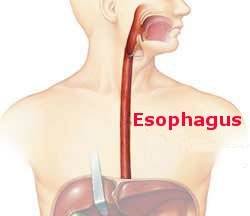Pus in the chest.
Any fluid accumulation in the chest but outside the lung, between the two pleural surfaces, constitutes a pleural effusion. My previous blog addressed malignant ones. An infected effusion is called empyema. The most frequent cause is pneumonia. Uninfected effusions frequently accompany pneumonia but occasionally they are complicated by bacteria migrating from the lung into the pleural space and infecting the fluid.
Uninfected pleural effusions require no treatment and resolve as the pneumonia is treated. Infected pleural fluid is the equivalent of an abscess and cannot be eradicated with antibiotics alone. As for any abscess, drainage is an essential component of treatment. If the bacterial contamination of the pleural fluid is recent and the fluid is still thin and “runny” a tube(s) placed into the chest to drain the fluid while the antibiotics are working is usually sufficient.
If the infection has had time to develop into thick pus and create adhesions that separate the pleural cavity into multiple pockets of pus, tube drainage is ineffective. At this stage an operation to evacuate the purulent material and disrupt the various pockets is essential. This once required an open operation through a chest incision called a thoracotomy. Now the procedure can usually be performed with a minimally invasive operation called a thoracoscopy. This newer approach is less invasive, causes less pain, and is better tolerated by patients who are weakened by their pneumonia and empyema.



